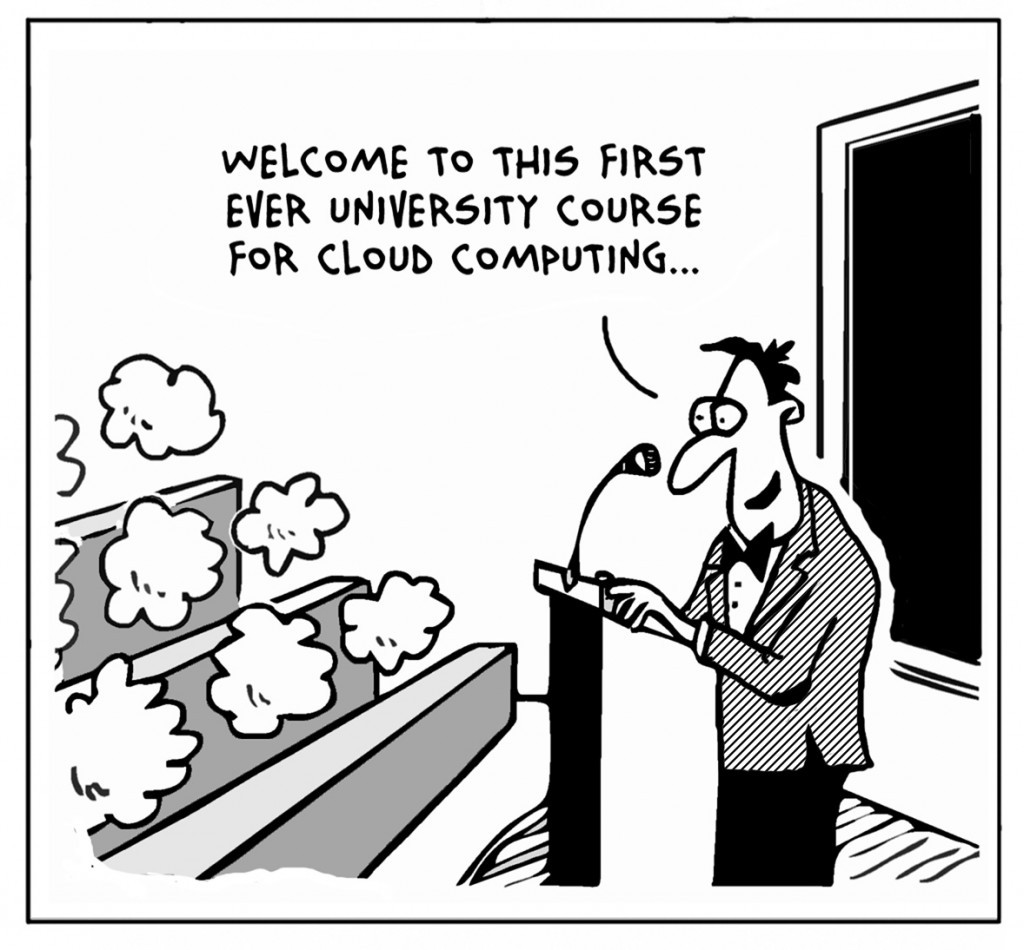
Becoming employable and then staying employable requires ongoing, up to date knowledge, and this can become something of a dilemma. Many of us grew up with a traditional understanding of the school system: after graduating from high school, you choose a college or a university, and if you are admitted, you then face three or four years of study and sacrifice to earn a degree in a field that you might or might not be a good fit for. That’s a lot of uncertainty.
Even if the degree program you choose is the right one for you, you then have to have faith that the curriculum – the actual courses you take within that degree – are also up to date and future-ready. This is not always the case. Things change so quickly that it becomes extremely difficult for teachers and professors to modify the content of their courses even when they want to. The dynamics of higher education generally take a long time to change.

The good news is, we are now in the era of microlearning, where we can choose to learn from an enormous collection of online courses, provided through a range of leading-edge institutions around the world, attended in the comfort of our own homes, and experienced as more enjoyable and engaging due to their content and convenience. These learning options appear to be a much better fit. The days of travelling to and from classes and spending time in libraries are becoming less prevalent.
But this creates another challenge in the form of choice. There are courses, free and for-a-fee, available on channels like YouTube, as well as a range of teaching portals. These are certainly convenient, but because they are available through open social media, they run the risk of being incomplete, incorrect, improperly structured, taught by unqualified people, and lacking any type of credible certification.
There has to be an ideal middle ground – something shorter than three-year or four-year degrees, something that is completely current, and which carries the academic validity of an established institution.
This is now emerging in a new wave of shorter, more intense courses being offered by well-known names like MIT Sloan School of Management and Europe’s IE university. These come in self-paced courses of duration such as six weeks and deliver the type of education that people in tech (as well as many other business verticals) need to know about. These are courses with titles such as:
These are the types of skills that organizations need, and they need also to ensure that the people filling these positions are up to date and proven.
An additional advantage to this type of microlearning style is that it makes education available to people from all parts of the world. Any of us can choose to study courses like these from wherever we live. This fits better with the types of life balance that people are actively seeking in this decade, a mindset that was particularly magnified during the lockdowns and disruptions of the initial Covid-19 outbreaks of 2020-2021.
Today, professionals who are dissatisfied with their current positions are decisively moving to other jobs that better fit their career goals, interests and lifestyles. Although this sounds like bad news for employers, it is not. It represents an opportunity for true mutual benefit. Employees who take accessible education in order to move into positions that better fit their passions are more engaged, creative, and likely to stick around. At the same time, organizations that support this type of education become able to attract and retain great talent.
This all represents a speeding up and a customization of learning and of professional life – something we have seen in other areas as consumers, where custom delivery services such as Amazon gratify our need for instant purchases, and where everything we do online is automatically personalized.
This is what we at GetSmarter believe in. People the world over deserve access to the type of education and skills development that will benefit them and their employers immediately, and we have made it our mission to ensure that these people get that access, on their own time and in a way that best fits. Of course it’s up to each of us to decide if such a system is truly a fit, which is why we invite you to take a closer look at GetSmarter and decide for yourself.
Use code LEARN15 to enjoy 15% off all courses.
Branded series by GetSmarter
By Steve Prentice


